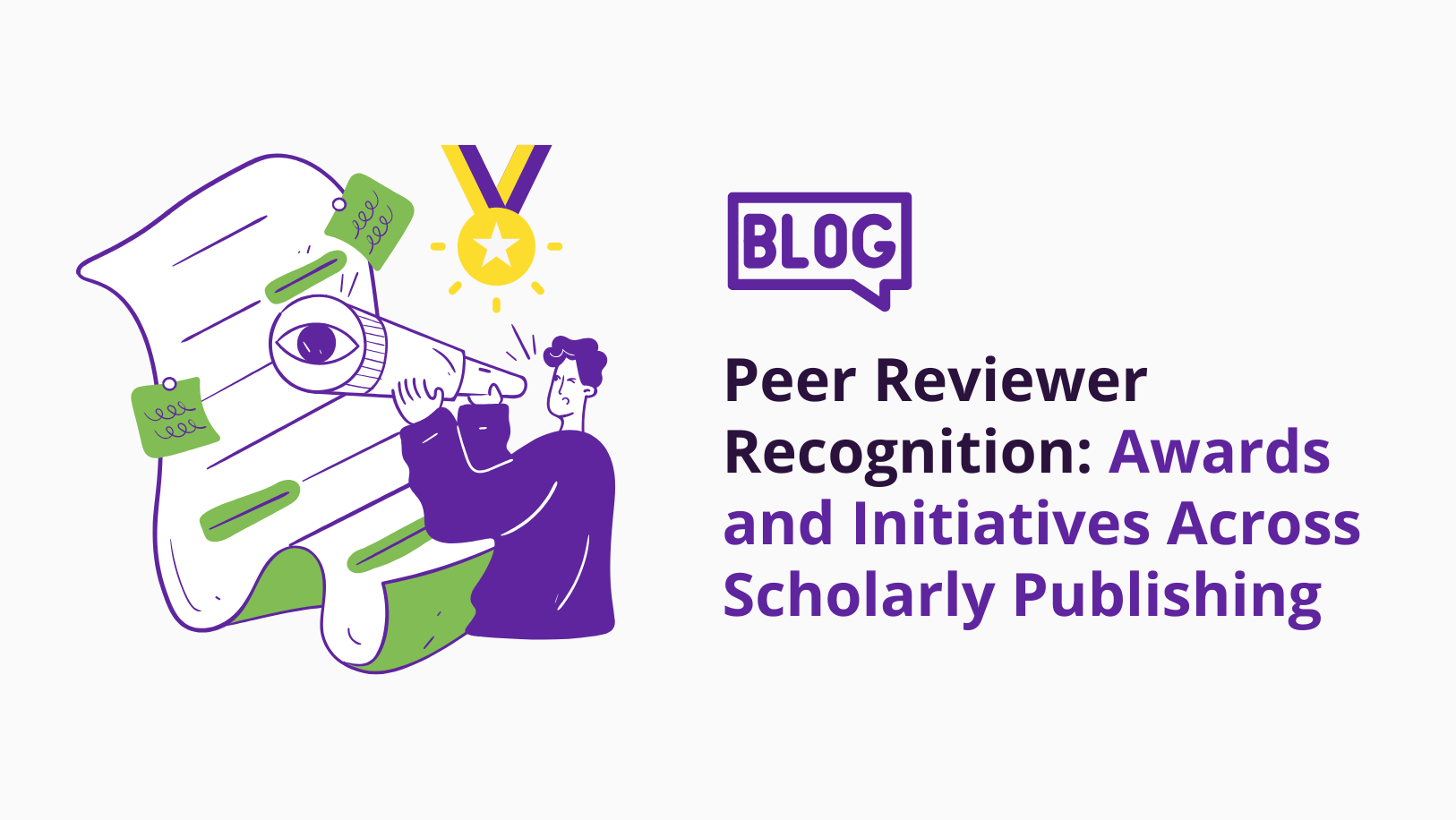In recent years, audiobooks have witnessed a remarkable surge in popularity, revolutionizing the way we consume literature. The convenience and flexibility of audio formats have made them a preferred choice for many book lovers, as they can be enjoyed while commuting, exercising, or engaging in other daily activities. As technology continues to advance, the future of audiobooks holds exciting possibilities. In this blog, we will explore the trends and innovations that are shaping the future of audiobooks, making the listening experience even more immersive and enjoyable.
Artificial Intelligence narration
One significant trend in the audiobook industry is the development of artificial intelligence (AI) narration. AI-powered text-to-speech technology has made substantial progress, allowing for more natural and expressive voices. Gone are the days of robotic and monotonous narrations. AI narrators can adapt their tone, pace, and emotion to match the content and context of the book. This innovation opens up a world of possibilities, enabling authors to bring their stories to life in ways never imagined before.
With the support of AI, books become more accessible to individuals with visual impairments or reading difficulties. The technology enables the conversion of text into audio, making literature available to a wider audience, regardless of their reading capabilities.
The future potential of AI narration is incredibly promising. As technology continues to advance, we can expect even more sophisticated AI narrators that possess a deeper understanding of human emotions and nuances. This progress will contribute to creating truly immersive and emotionally resonant audiobook experiences.
Interactive audiobooks
Imagine an audiobook that not only engages your sense of hearing but also stimulates your imagination visually. Interactive audiobooks are an emerging trend that combines audio storytelling with interactive elements, such as illustrations, animations, and even mini-games. These immersive experiences enhance the listener's engagement, making the story more memorable and enjoyable. Interactive audiobooks have the potential to attract a broader audience, including younger generations and those who may struggle with traditional reading formats.
Personalized listening experiences
Personalization is a driving force behind many technological advancements, and audiobooks are no exception. In the future, listeners can expect tailored experiences based on their preferences, interests, and even mood. Machine learning algorithms can analyze a listener's past choices and behavior to recommend books, genres, or narrators that align with their taste. This customization adds a new level of convenience, ensuring that listeners find content that resonates with them effortlessly.
Multilingual and translated audiobooks
With the world becoming increasingly interconnected, the demand for multilingual and translated audiobooks is on the rise. Language barriers often limit access to literary works, but advancements in AI translation technology are breaking down those barriers. Listeners can now enjoy audiobooks in their native language, even if the original content was written in a different language. This trend allows for the sharing of diverse cultural narratives, fostering a global appreciation for literature and expanding the reach of the authors worldwide.
Collaborations with celebrities and podcasters
Collaborations between audiobook publishers and popular celebrities or podcasters have become a prevalent trend in recent years. These partnerships infuse audiobooks with unique voices and storytelling styles, captivating audiences and creating a sense of familiarity.
Notably, renowned actors and influential podcasters bring fresh perspectives to classic stories, breathing new life into timeless tales. Their performances add depth to characters, highlight nuanced emotions, and bridge the gap between traditional literature and popular culture.
Looking ahead, such collaborations are set to flourish, offering even more exciting possibilities for the audiobook industry.
Enhanced production quality
As the audiobook industry continues to thrive, so does the emphasis on production quality. Sound effects, background music, and immersive soundscapes are increasingly being incorporated into audiobook recordings, creating a cinematic experience for the listener. These enhancements enrich the storytelling, making audiobooks more engaging and captivating. Furthermore, advancements in sound technology have opened up new possibilities for enhancing audiobook production quality. One such advancement is the use of binaural audio, which creates a three-dimensional sound experience.
Binaural recordings capture sound as it would be perceived by human ears, allowing for a more realistic and immersive auditory experience. This technology enables the listener to feel as if they are truly inside the story, with sounds coming from different directions and distances, further blurring the line between fiction and reality.
In addition to these enhancements, the production quality of audiobooks is also being improved through meticulous editing and mastering processes. Audio engineers carefully balance the levels of narration, sound effects, and music, ensuring a seamless integration of all elements. This attention to detail results in a polished and professional final product that is enjoyable to listen to.
The future of audiobooks is filled with exciting trends and innovations that promise to enhance the listening experience. From AI-powered narration and interactive elements to personalized recommendations and multilingual accessibility, the audiobook industry is continuously evolving to cater to the diverse needs of its listeners. As technology advances and new collaborations emerge, we can expect even more immersive and engaging audiobooks that bring stories to life in unprecedented ways. So, sit back, relax, and let the future of audiobooks transport you to new literary realms.
References
- Murf, T. (2023, November 6). AI Audiobook Narration: The Future of Storytelling? https://murf.ai/blog/ai-audiobook-narration
- Röber, N., Huber, C., Hartmann, K., Feustel, M., & Masuch, M. (2006, January 1). Interactive Audiobooks: Combining Narratives with Game Elements. Lecture Notes in Computer Science: https://doi.org/10.1007/11944577_36
- Badhwar, D. (2021, December 14). Personalizing Audiobooks — How might we allow users to engage with favorite parts of the book? Medium: https://medium.muz.li/personalizing-audiobooks-how-might-we-allow-users-to-engage-with-favorite-parts-of-the-book-e9744703a179
- Murf, T. (2024, January 5). AI Translator: Breaking Language: https://murf.ai/resources/ai-translator-breaking-language-barriers/
- Geronazzo, M., Rosenkvist, A., Eriksen, D. S., Markmann-Hansen, C. K., Køhlert, J., Valimaa, M., Vittrup, M. B., & Serafin, S. (2019, November 14). Creating an Audio Story with Interactive Binaural Rendering in Virtual Reality. Wireless Communications and Mobile Computing: https://doi.org/10.1155/2019/1463204









.png)

.svg)
.svg)
.svg)











